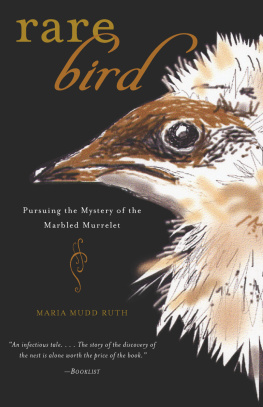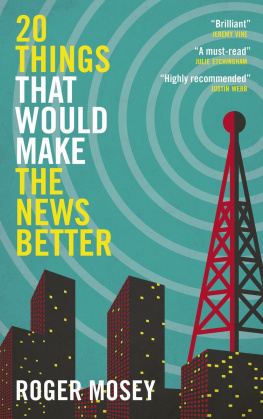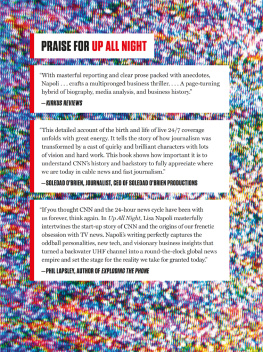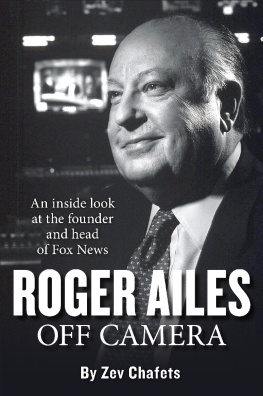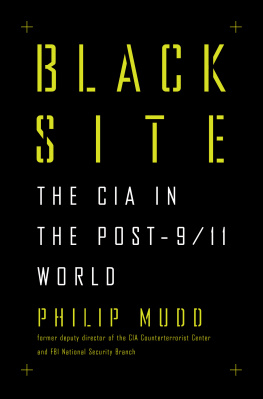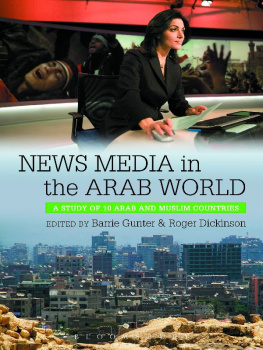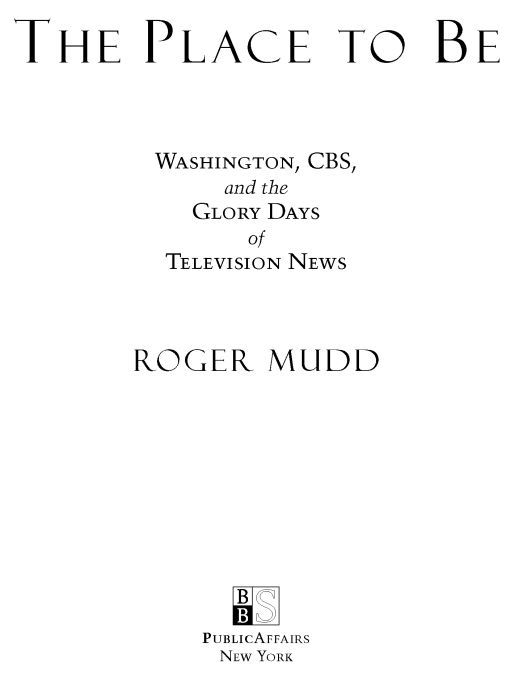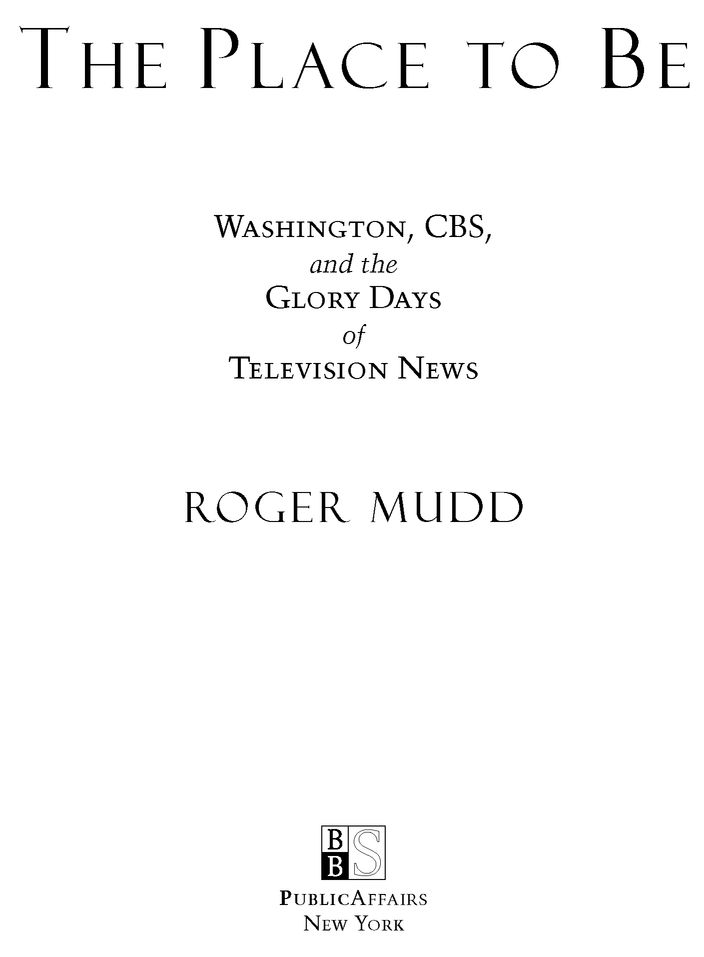Table of Contents
PRAISE FOR THE PLACE TO BE
When Roger Mudd delivered the CBS Evening News, Americans paid attention. From his early days as a budding broadcaster, through his coverage of the Senate filibuster debate over Civil Rights, to his devastating Peabody-Award-winning interview with Ted Kennedy, Mudd demonstrates why CBS was The Place to Be. He candidly recounts the gritty details behind the scenes, and the power struggles among the people shaping network news. In the end, we understand the glories and disappointments of a career in the heyday of television news. Every person concerned with the direction of todays news would do well to take in the lessons ofthis book.
DIANE REHM, National Public Radio
Finally, somebody has chronicled what it takes to practice quality journalism on network television. Roger Mudd has done so in a way that is one great large story made up of many great small stories that results in a book that, in the reading, is like eating peanuts. You cant put it down. Open the packagethe bookand there is pleasure, meaning, laughter, annoyance, grins, and frowns to behold on most every page. Mudd has superbly recounted the saga of CBS News Washington at a time of history and journalism that was important to him, his profession, and his country. This is a book that matters.
JIM LEHRER, NewsHour with Jim Lehrer
Mudd, Rather, Severeid, Kalb, and Schorr. They were all household names and I felt like a Little Leaguer coming to bat in Yankee Stadium when I joined the bureau in 1969. Roger Mudd was the best of all of us, and he tells the whole story of those days as only he couldthe titanic battles with the government and our rivalries with each other mixed in with some of the funniest political yarns I have ever heard. I laughed out loud and even shed a tear or two. The Place to Be is the perfect example of what a professional memoir ought to be.
BOB SCHIEFFER, CBS News Chief Washington Correspondent
A classic of Washington journalism, a wry and probing memoir of a career that mattered when the news mattered.
Washington Post Book World
The Place to Be is a cautionary tale about Mr. Mudds own honorable career, and by implication about the way network TV news has devolved into todays mix of frantic cable blather.
Wall Street Journal
Its unlikely anyone will surpass Roger Mudds insightful, engrossing, and candid account of what it was like when CBS dominated television news in the late twentieth century.The Hill
[A] good-natured book about reporting and broadcasting in Washington in the 1950s, 60s, and 70s. [Mudds] autobiography is full of funny, illuminating, sometimes embarrassing anecdotes about himself and the other ambitious journalists he worked with at CBS News.Pittsburgh Post-Gazette
Mudds aim is to educate his readers about how first-rate television journalism used to occur more frequently than it does today, and he is a fine teacher.Publishers Weekly
Brisk, brusque, and surprisingly wittya must for students of the peculiar marriage of politics and entertainment.Kirkus
[A] phenomenal combination memoir and analysis of his professional life and the unique contribution made by the CBS Washington Bureau for a period of two decades. [Mudd] writes beautifully, is self-deprecating while praising his many colleagues, and provides some very funny anecdotes about the news business.... News hounds will love this book.
Deseret Morning News (Salt Lake City)
For E. J., Daniel, Maria, Jonathan, and Matthew
Prologue
There was a time when journalism had no metes or bounds and almost everybody could take a turn at being a journalistBenjamin Franklin, Walt Whitman, Georges Clemenceau, Johann Wolfgang von Goethe, Charles Dickens, even Benito Mussolini.
Todaywith the help of a technological revolutionalmost anybody is taking a turn at journalism. There are Web site reporters like Matt Drudge, revolving-door journalists like George Stephanopoulos and talking-head journalists like John McLaughlin, and there are bloggerspolitical bloggers, travel bloggers, financial bloggers.
In the 1920s, with a growing sense of professionalism, journalism began to embrace ethical standards and dignity among the newspaper reporters. Such men as Richard Oulahan of the New York Times, Fred Essary of the Baltimore Sun, and Paul Y. Anderson of the St. Louis Post-Dispatch were indeed gentlemen of the press. Tailored suits, fedoras, canes, and calling cards were as much a part of their equipment as their notepads and typewriters. Under Harding, Coolidge, and Hoover, covering Washington was genteel, collegial, unhurried, and formal. Between press and politician there was an unspoken trust. The federal government was small; press credentials and security clearances were unheard of; members of Congress, cabinet secretaries, even presidents were available and often without appointment; the city and its government could be covered with a two-man bureau, three at most.
Then in 1933 came Roosevelt and radio coverage of the White House. Life in Washington was never the same. Almost overnight the capital became one of the worlds most important datelines. The city finally had a real newsmakerfireside chats, two presidential press conferences a week, five or six stories every day, four times the traffic on the wire services. The old formalities broke down. Gone was the requirement that questions for the president had to be written and submitted in advance. This president knew everyones first name. With Roosevelts informalities came the intimacy and immediacy of radio, and with radio came White House radio reporters. They were unlike the newspapermen. They were not ink-stained wretches: they did not write; they talked. Men like Robert Trout, John Charles Daly, and Carleton Smith were more announcer than reporter, ad-libbing some but mainly putting the president on and off the air. The press boys said they were actors, a different breed. They did not play poker because, said Walter Trohan of the Chicago Tribune , they were out in the woods brushing up on their Shakespeare.
How galling it was for the press when FDRs press secretary moved the newspaper reporters from their privileged second car in the presidential motorcade to the third car. In their place went the radio men, because radio had more listeners than the New York Times had readers. It was hard to argue with the numbers: 25 million radios and an audience of 64 million.
In 1933 there were three evening news broadcasts: at 6:45 on NBC, Lowell Thomas, former professor of oratory, editor, and globe-trotter; at 7:15 on the Mutual Broadcasting System, Gabriel Ah, Theres Good News Tonight Heatter; at 7:45 on CBS, Boake Carter, British-born poseur and Anthony Eden look-alike, whom FDR grew to despise. Unlike the mellow-voiced White House announcers, many of the radio commentators of the 1930s were ex-newspaper reporters or columnists. Gabriel Heatter began on the New York Evening Journal; Walter WinchellGood Evening, Mr. and Mrs. North America and all the ships at seawas a gossip columnist for the New York Daily Mirror; Fulton Lewis Jr., with his nightly anti-New Deal rant on Mutual, was the former city editor of the


